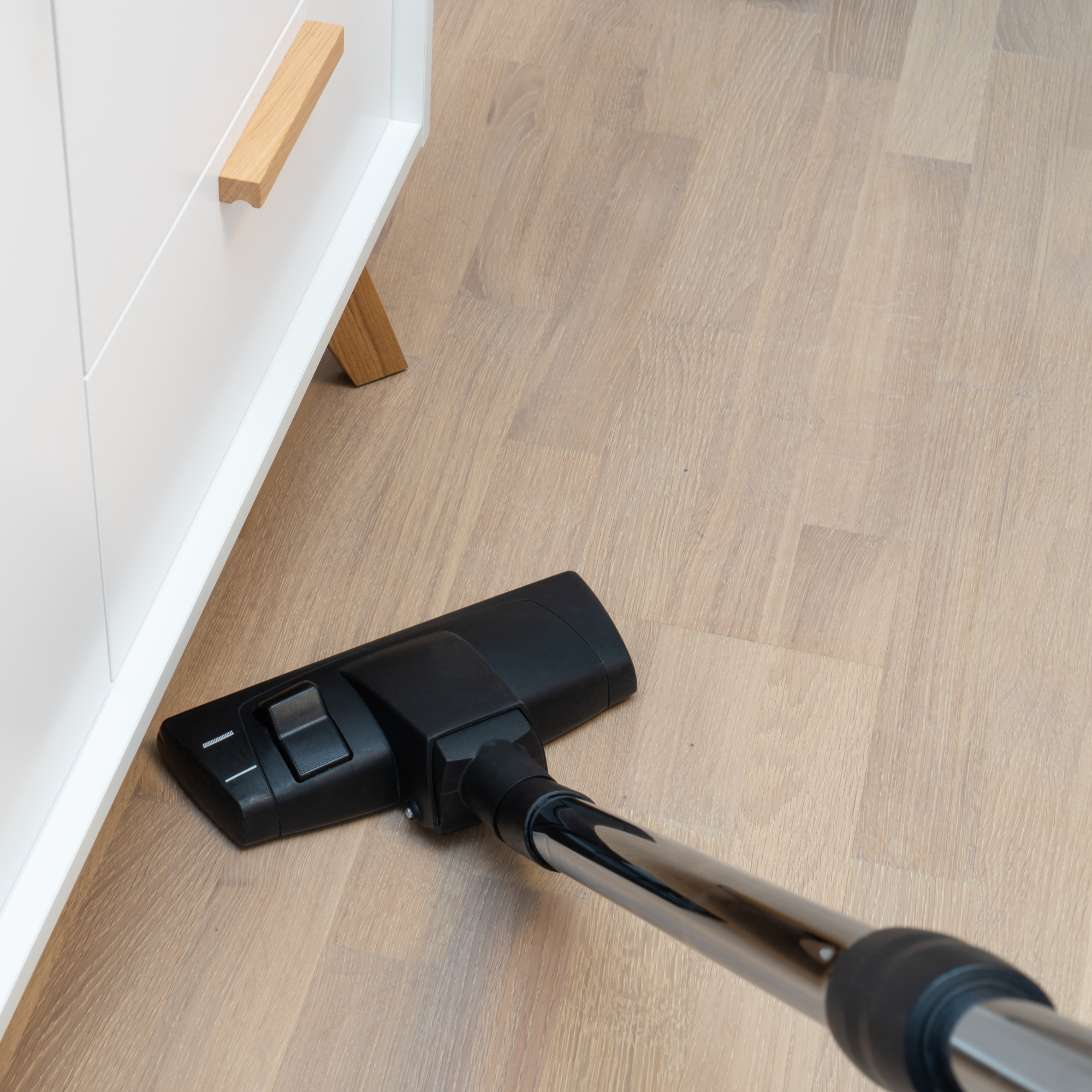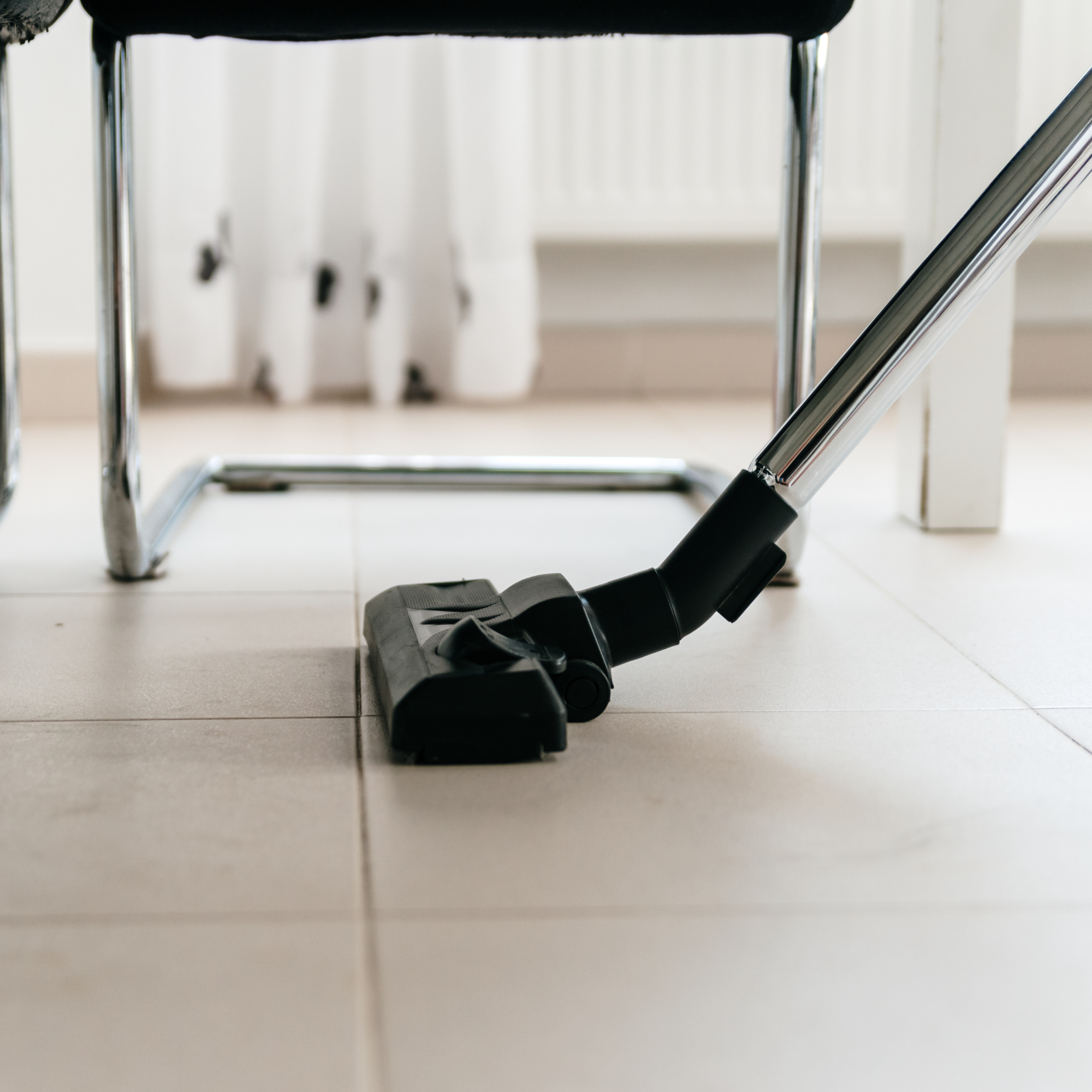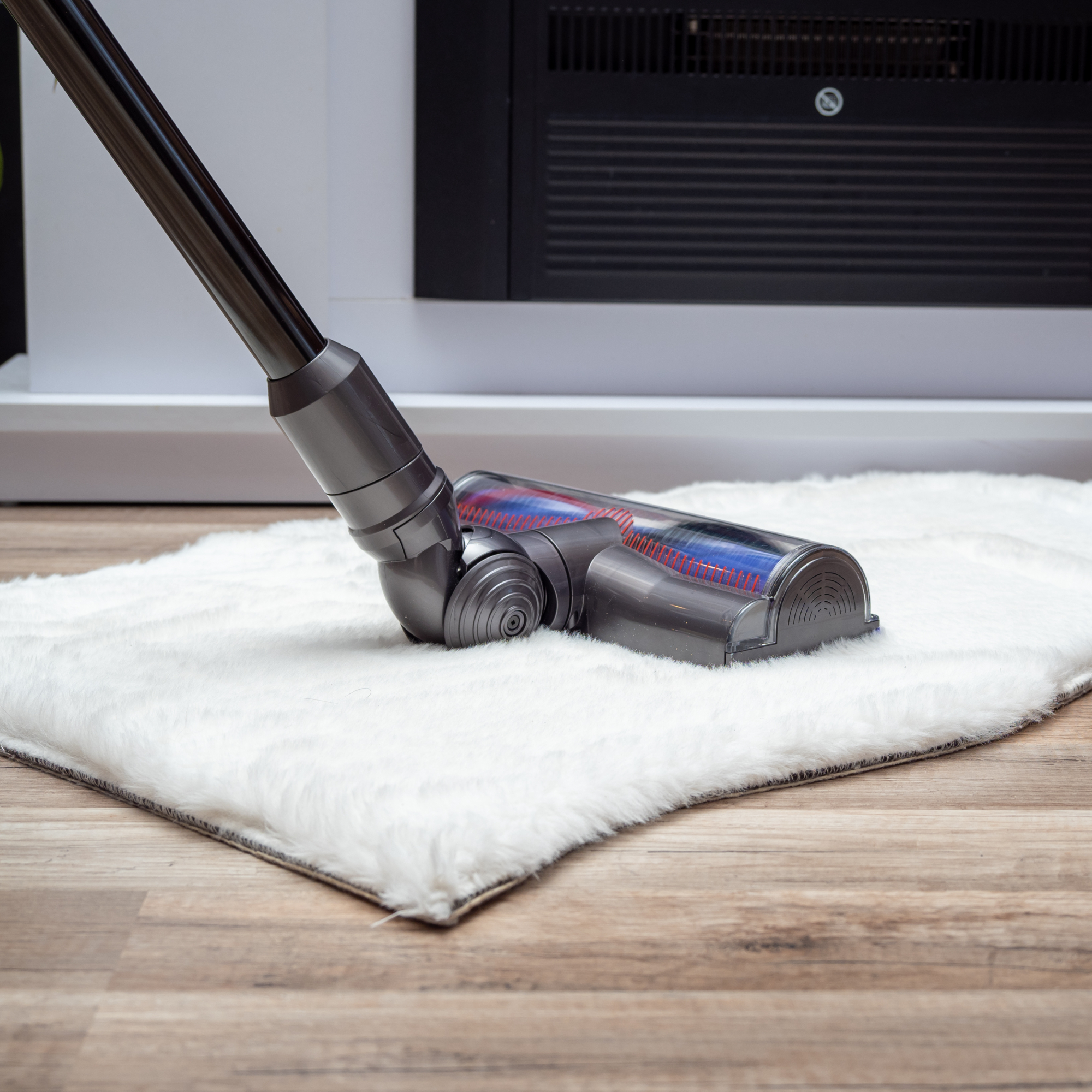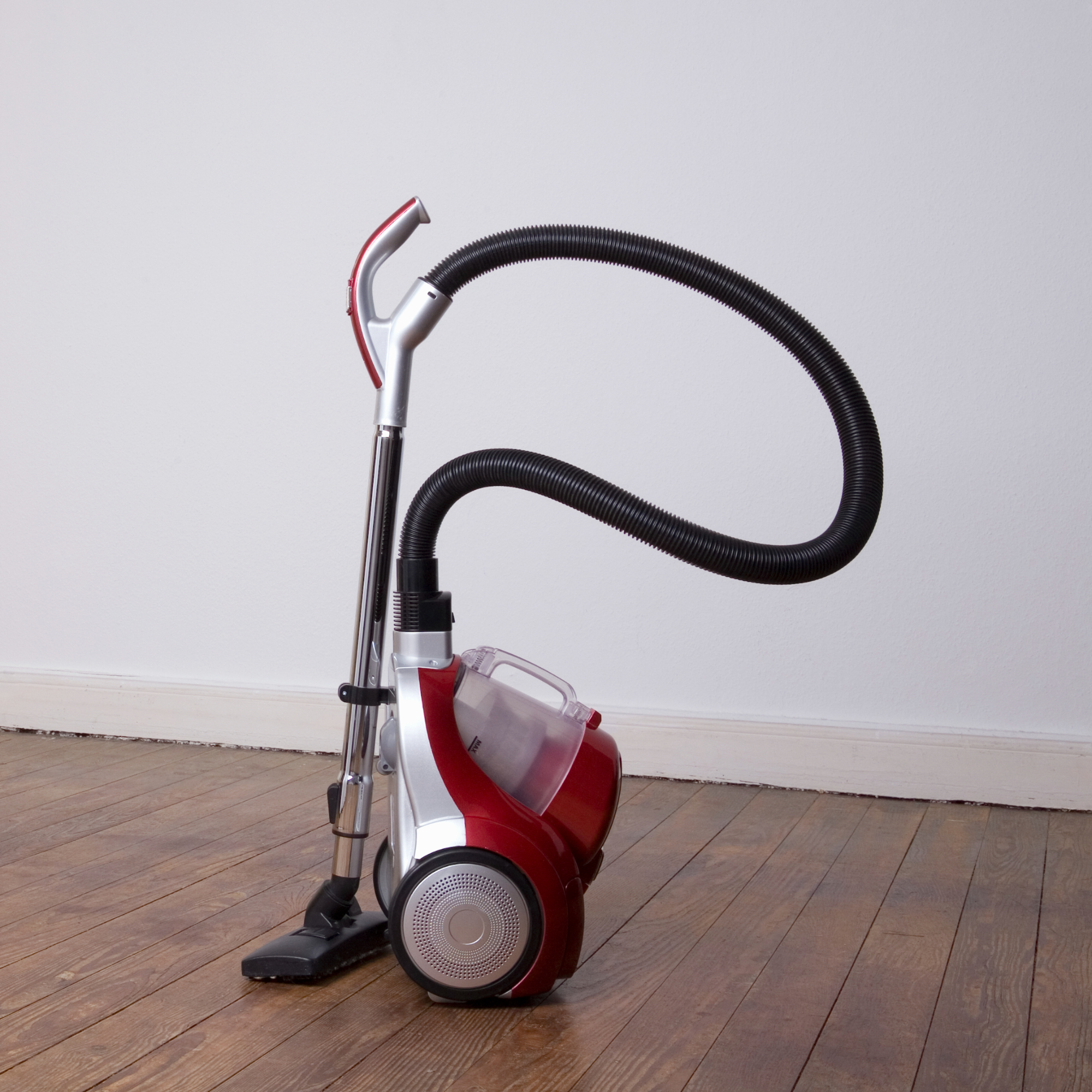
Vacuuming is admittedly not the most enjoyable task, but trying to vacuum your entire home with a vacuum cleaner that has lost suction will only make matters worse. As such, understanding what causes these appliances to lose suction and how to fix it can make all the difference in streamlining your cleaning routine.
Many of our favourite vacuums have earned their place in the top spots because of their performance across all sorts of floor types and impressive suction power. However, even the best vacuums will deteriorate over time if they're not being properly cared for and maintained.
Although a loss of suction power can be an indicator that it's time to replace your vacuum, if you've just recently invested in a new vacuum not too long ago and are already noticing an unusual shift in its performance, understanding the reasons why could save you a costly repair or the need for a premature replacement.

'Most vacuum cleaners use a motor to create its suction. Depending on the manufacturer's design, the motor will sit behind a canister or bag with a filter positioned in between to protect it from debris. The motor's suction pulls debris through a series of rollers, tubes and hoses, trapping it in the bag or canister in the process. However, they can easily lose their suction power if you are not careful,' begins James Longley, managing director at Utility Bidder.
These are the most common reasons why your vacuum cleaner has lost suction.
1. Blockage
'Loss of suction on your vacuum cleaner can be caused by a number of reasons, although it is most commonly due to a blockage in the system or an excess amount of dirt which can reduce suction power,' explains Haylee Bourne, head of product management at VAX.
To check for and remove any blockages in the hose of your vacuum, it's important that you first unplug (if corded) or remove the battery (if cordless) if your appliance allows you to do so.
'Start by inspecting the floorhead and removing any hair and debris from the brush bar, as well as removing any blockages with a blunt instrument from the joint or hose that connects the floorhead to the body of the vacuum. If your vacuum has a wand which disconnects from the floorhead, take it apart and remove any blockages at either end. You should be able to see straight through the wand if it is clear,' continues Haylee.

2. Clogged filters
Similarly to the last point, clogged filters can also be a contributing reason to a loss of suction power in your vacuum. 'These can become clogged with dirt which can affect the suction of your vacuum,' says Haylee.
Therefore, it's super important to stay on top of cleaning your vacuum and cleaning the filters while you're at it. We've already got explainers outlining how to clean a Shark vacuum filter and cleaning a Dyson filter, but in any case, you can simply refer to your vacuum's manual.
3. Loose parts
If you're only noticing a loss of suction when you're using certain vacuum tools for different jobs, Catrin Davies, senior product manager at SDA Hoover UK explains that your appliance might not be assembled correctly or some parts have come loose. 'Check to make sure the bin and all other parts are clicked into place and fit snugly,' she advises.
'Some tools such as crevice tools are narrow and can become blocked easily, to test this you can drop a small ball of paper into the tool from the larger end and if it doesn’t reappear at the suction end, clear the blockage with a blunt instrument,' adds Haylee.

4. Full dustbin
Another reason why your vacuum has lost suction is because of a full dustbin. 'This is inevitable after usage and if you prolong emptying the container, the vacuum will stop its suction, as there is nowhere for dust and dirt to go in the machine. If this is the case, empty it after each use,' advises James.
In fact, neglecting to empty the dustbin is one of the most common vacuuming mistakes. Not only will it affect the performance of your vacuum, but there is also a chance that trying to vacuum with a full bin will only cause your appliance to release dust and debris back into your home. If you're vacuuming to help allergies, emptying this regularly will be a lifesaver.

5. Incorrect height setting
You might not be aware, but your vacuum losing suction might actually be as a result of accidentally pressing the wrong settings. 'Most machines can adjust to raise or lower it depending on the type of floor. If the height is too high, your vacuum may not suck as well. Resolve this by using lower settings for hard flooring, such as wood or tile, and a higher setting on carpet,' says James.

6. Damaged seals and gaskets
Finally, another reason could also just be wear and tear. ' The seals and gaskets of your vacuum cleaner can also have gaps or cracks and this can lead to leaks in the airflow system, which will reduce the appliance’s suction power. Things like tears, cracks or gaps in them can result in a reduction of suction power,' explains Fantastic Services' appliance technician, David Miloshev.
'To check if that’s the problem, run your fingers along the edges of the gaskets and seals while you’re running the vacuum and look for any moving parts. If you feel that there’s air escaping around these areas or that there’s a significant difference in suction when you press against these parts, it can be an indication of damage. If that happens, clean or replace these parts according to the manufacturer's manual.'
Shop our top-rated vacuum cleaners
This Dyson is incredibly good at everything, from hair pick-up to dust detection. To do the latter better than any other vacuum on the market it's kitted out with lasers, and the run time of 70 minutes is extremely impressive. During our tests, it was great on hard floors but especially excelled on carpets.
If even after doing all the above checks and fixing things accordingly you find that your vacuum cleaner is still losing suction, it might be wise to consider a replacement.
'The lifespan of an average vacuum cleaner can vary widely between five to ten years, depending on how often you use your vacuum. A cleaner that is used once a week in a smaller home will likely have a longer life than a machine that is up against a larger household with pets,' concludes James.







